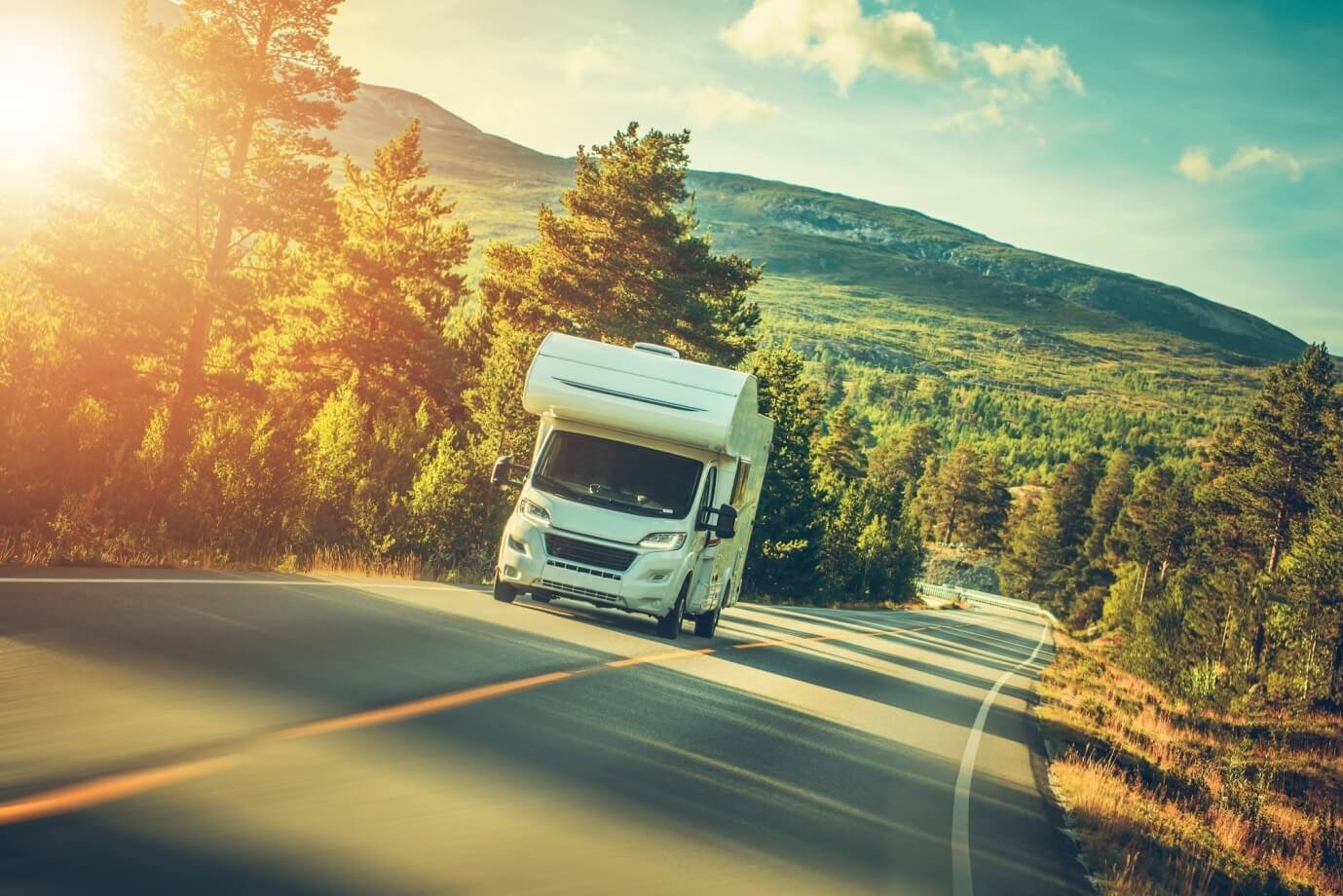Did you know that there are over 11.2 million households in this country that own RVs? The popularity of recreational vehicles has been on the rise and their numbers have more than doubled in the last two decades. That means more and more RV owners will be hitting the roads.
Are you a new recreational vehicle owner? If you’ve never sat behind the wheel, driving an RV is different than driving other vehicles on the road. Check out our five important RV driving safety tips here first before you buckle up.
Table of Contents
Practice Turning
Unlike regular cars, an RV is tricky to turn since it is much larger, wider, and heavier. Pick an empty parking lot to practice turning it before you hit the road. Find out what your vehicle’s turning radius is, and when you turn go slowly and take its length and weight into account.
Plan Routes Carefully
When you decide it’s time for a trip, plan your routes carefully to ensure that they are safe and accessible for your camper van. Make sure that you pick roads that will accommodate the size of your RV, and pay special attention to overpass heights. For additional help, you can get a GPS that is specific to RVs to assist you in route planning.

Weather Driving Safety Tips
Bad weather which is inconvenient for car drivers can be downright dangerous for RV drivers. Stay safe by always checking the weather before you begin your trip, and try not to travel during high winds and storms. If you can’t avoid being in severe weather, plan to take a break in a secure spot that keeps you safe from harm.
Mind the Speed Limit
Another important road safety tip involves how fast you drive your RV. Stay at or below the speed limit, since RVs are heavy and take longer to brake. When on the highway, drive at the speed limit and try to stay in the right lane in order to allow other faster vehicles to pass you.
Do Regular Maintenance
Like any vehicle, it’s important that you have a regular inspection done of your camper van. Make sure that you service your RV often to keep it in tip-top shape. In addition to RV repair and maintenance such as checking the engine, belts, hoses, headlights, and tire pressure, test the towing or hitch.
Drive Safely
Now that you’ve learned about RV driving safety tips, you can feel more confident on the road. Before you take a trip, plan your routes carefully and check the weather so that you avoid or take a break during extreme storms, wind, and rain. And when you aren’t on the road, don’t forget to do regular maintenance on your RV so that you can feel confident that it’s inspected and runs well.
Did you find this article about RVs useful? Want to explore similar content? Then check out the lifestyle section on this site!










